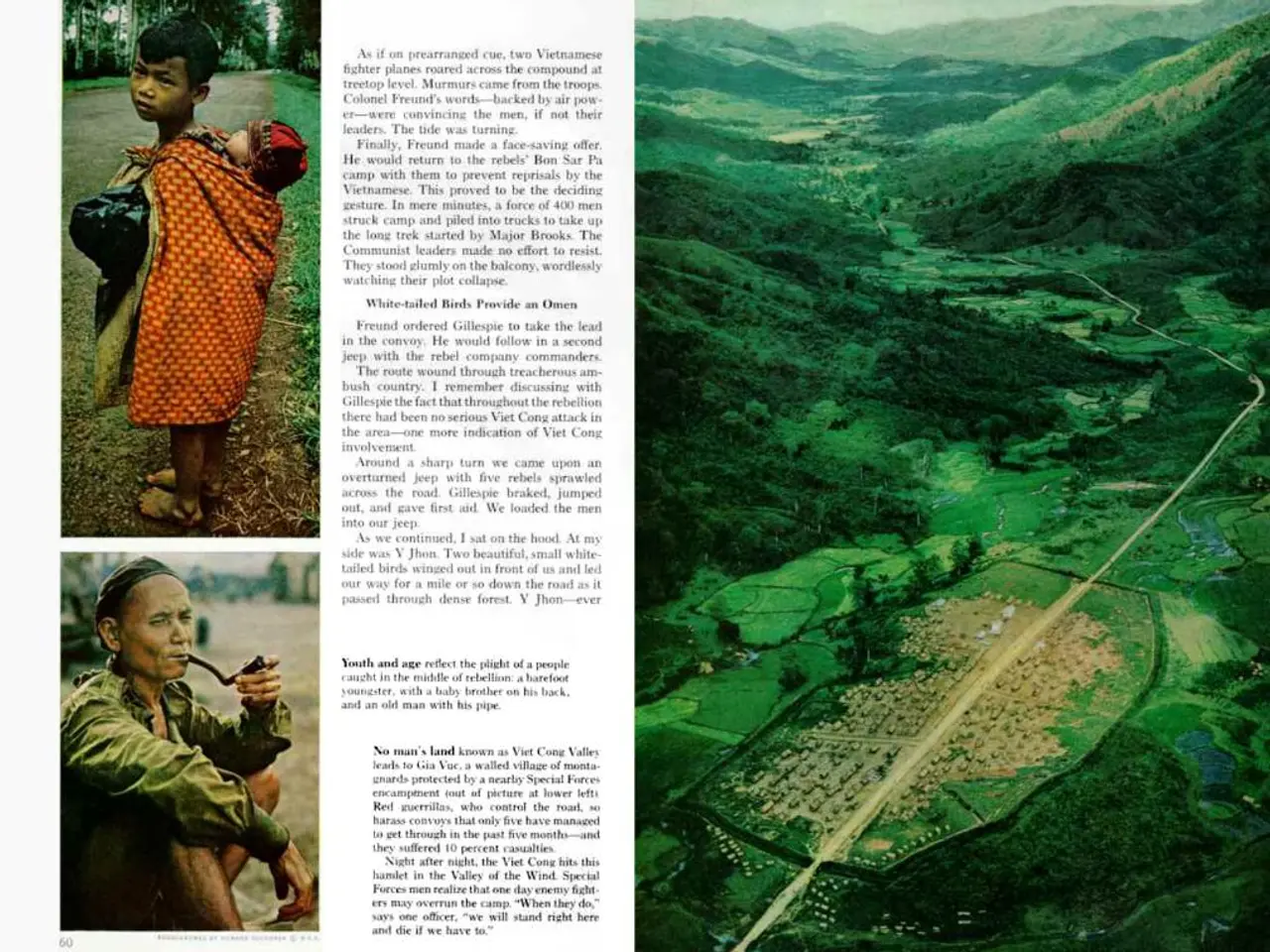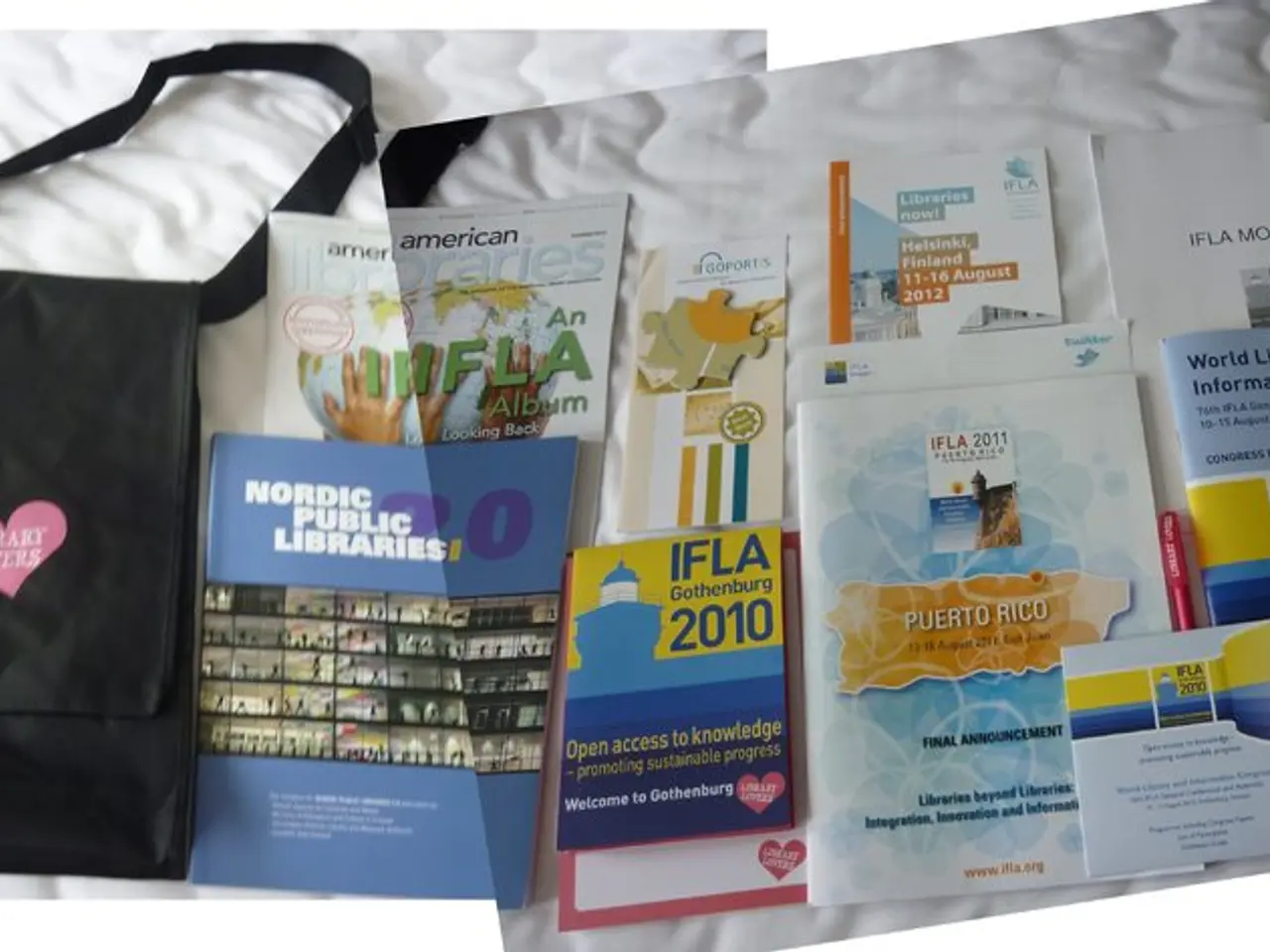Turkish President Erdogan calls for a truce in the conflict in Gaza, reinforcing his backing for a Palestinian state based on the boundaries established in 1967.
In a significant development on July 29, 2025, a trilateral summit was held in Istanbul, bringing together Turkey, Italy, and Libya's recognized government. The meeting focused on strengthening cooperation to address regional stability, irregular migration management, and Mediterranean security.
Turkey, represented by President Erdoğan, underscored the need for multilateral coordination to address irregular migration, emphasizing the humanitarian aspects and the importance of resolving underlying drivers of migration. Erdogan also called for closer multilateral coordination among Mediterranean nations to address the root causes of irregular migration.
Italy, with Prime Minister Giorgia Meloni in attendance, reaffirmed its commitment to Libya’s political stability, unity, and independence. Italy proposed combating human trafficking networks, improving prevention of irregular migration, and supporting Libya in coping with migratory pressures.
Libya's Prime Minister Abdul Hamid Mohammed Dbeibah supported coordinated efforts with Turkey and Italy to restore peace and political stability in Libya, a key transit point for migrants risking dangerous sea voyages toward Europe. Libya also deepened cooperation with Turkey in energy exploration, signaling strategic regional economic integration.
The summit highlighted the ongoing migration crisis, particularly the surge in migrants from Libya to Italy, and the need for stronger trilateral coordination to address these pressures. Strengthening partnerships in energy, oil and gas, and infrastructure were also discussed as areas of potential economic cooperation.
Despite regional tensions, particularly with Greece, which was not part of the talks and expressed concerns over Turkey’s maritime moves and expanded regional role, the summit presented a shared position advocating enhanced cooperation to stabilize Libya politically, curb irregular migration by addressing root causes and trafficking networks, and increase Mediterranean security through political and economic coordination.
In a separate development, Erdogan called for an urgent ceasefire in Gaza and urged the international community to take immediate action to stop the violence. However, no specific joint strategic projects were agreed upon during the summit regarding the humanitarian situation in Gaza or the ongoing violence in the region.
The Libyan premier, Abdul Hamid Dbeibah, urged a quadripartite ministerial meeting consisting of Libya, Turkey, Italy, and Qatar to initiate joint projects for combating smuggling networks and illegal activities. Erdogan expressed support for the establishment of a Palestinian state along the 1967 borders and stressed that a lasting peace in the Middle East depends on the creation of an "independent, sovereign and territorially contiguous" Palestinian state. Investing in ports and developing electricity networks were also mentioned as areas of potential economic cooperation.
In light of the ongoing migration crisis and the surge in migrants from Libya to Italy, there is a need for stronger trilateral coordination among Turkey, Italy, and Libya to address these pressures. This coordination should focus on combating human trafficking networks, improving prevention of irregular migration, and addressing the root causes of migration.
Moreover, politics also played a significant role in the summit, with Turkey and Italy expressing their commitment to restoring peace and political stability in Libya, as well as advocating for enhanced cooperation to stabilize the region politically and increase Mediterranean security.







